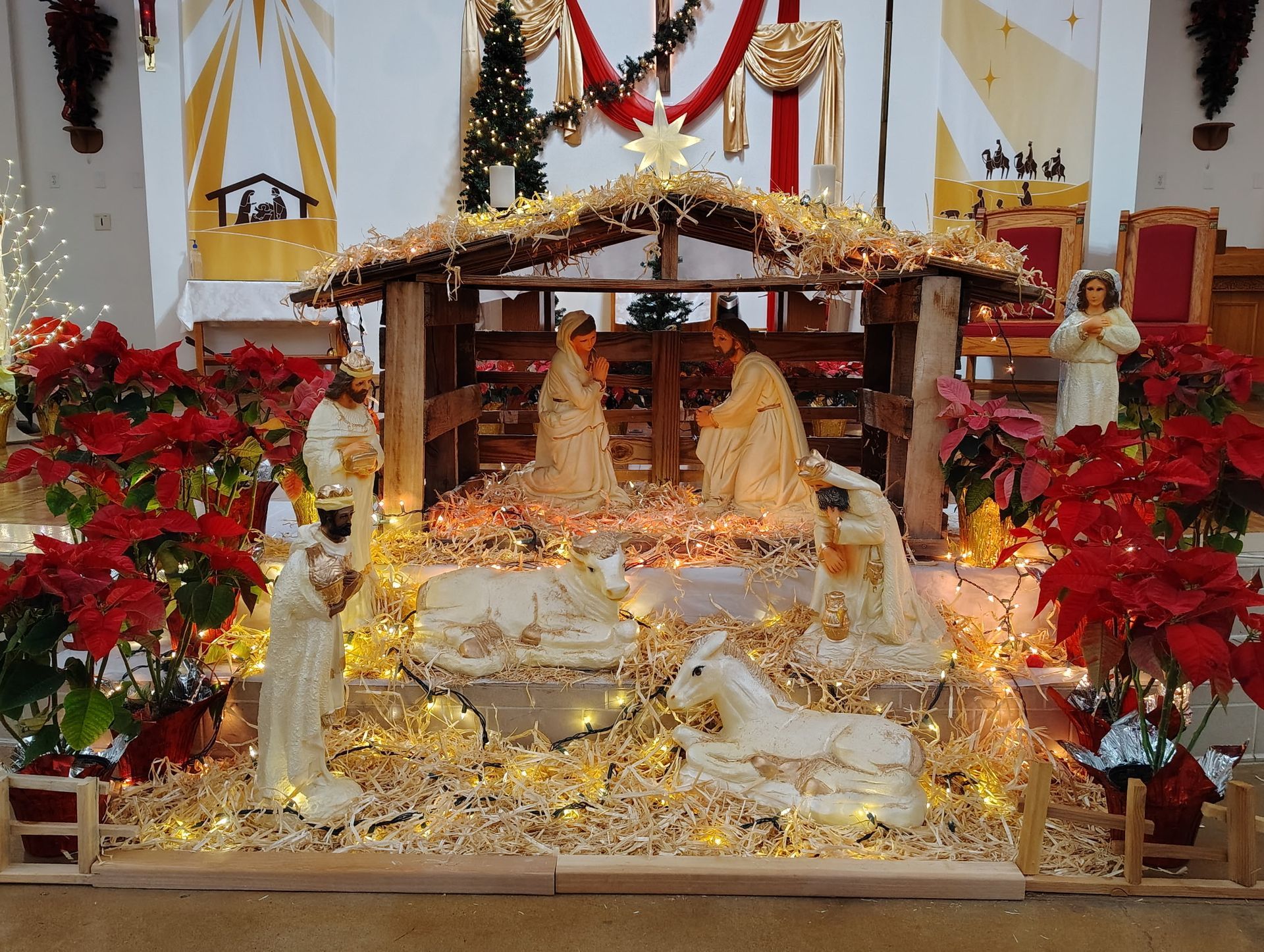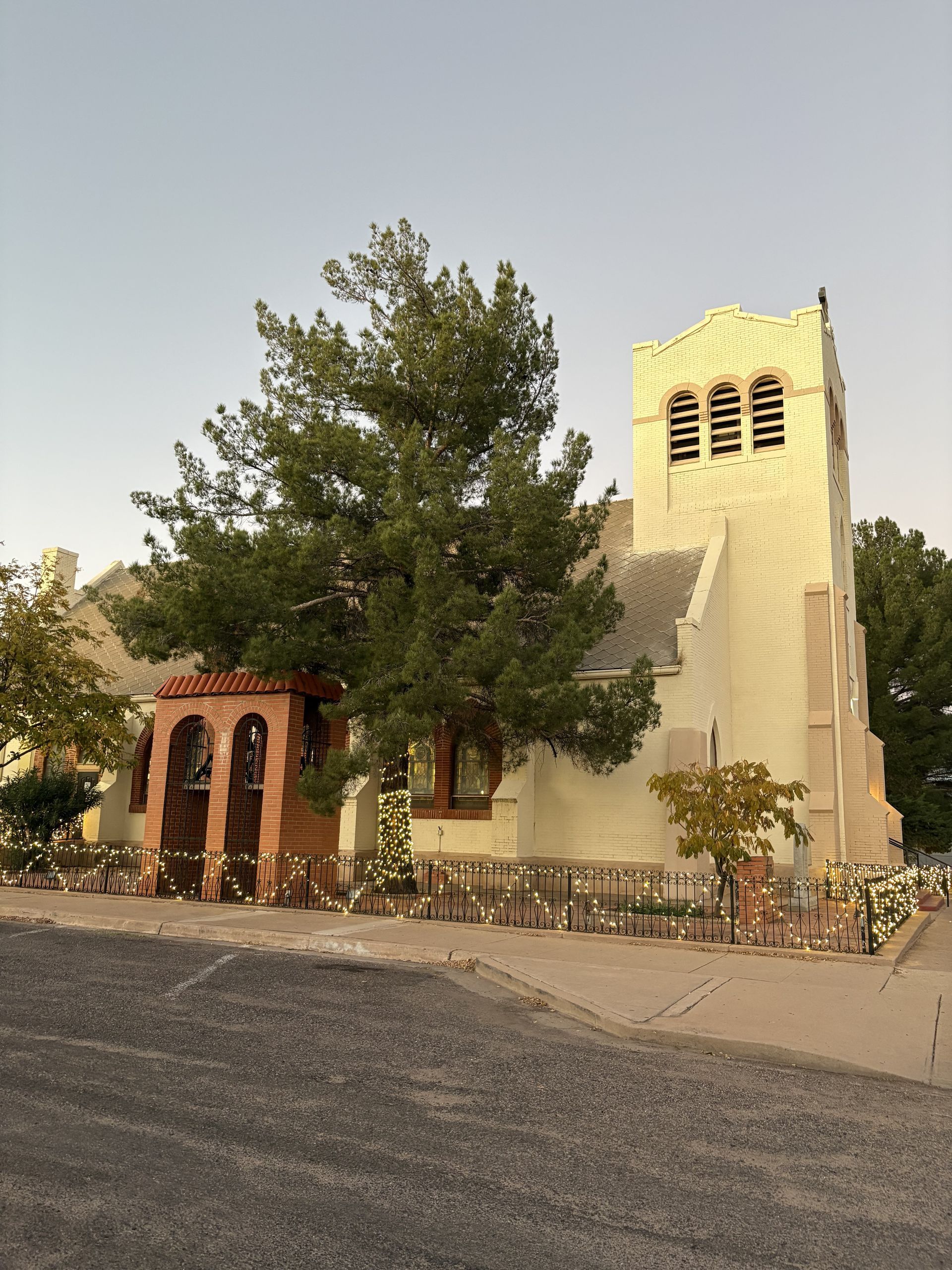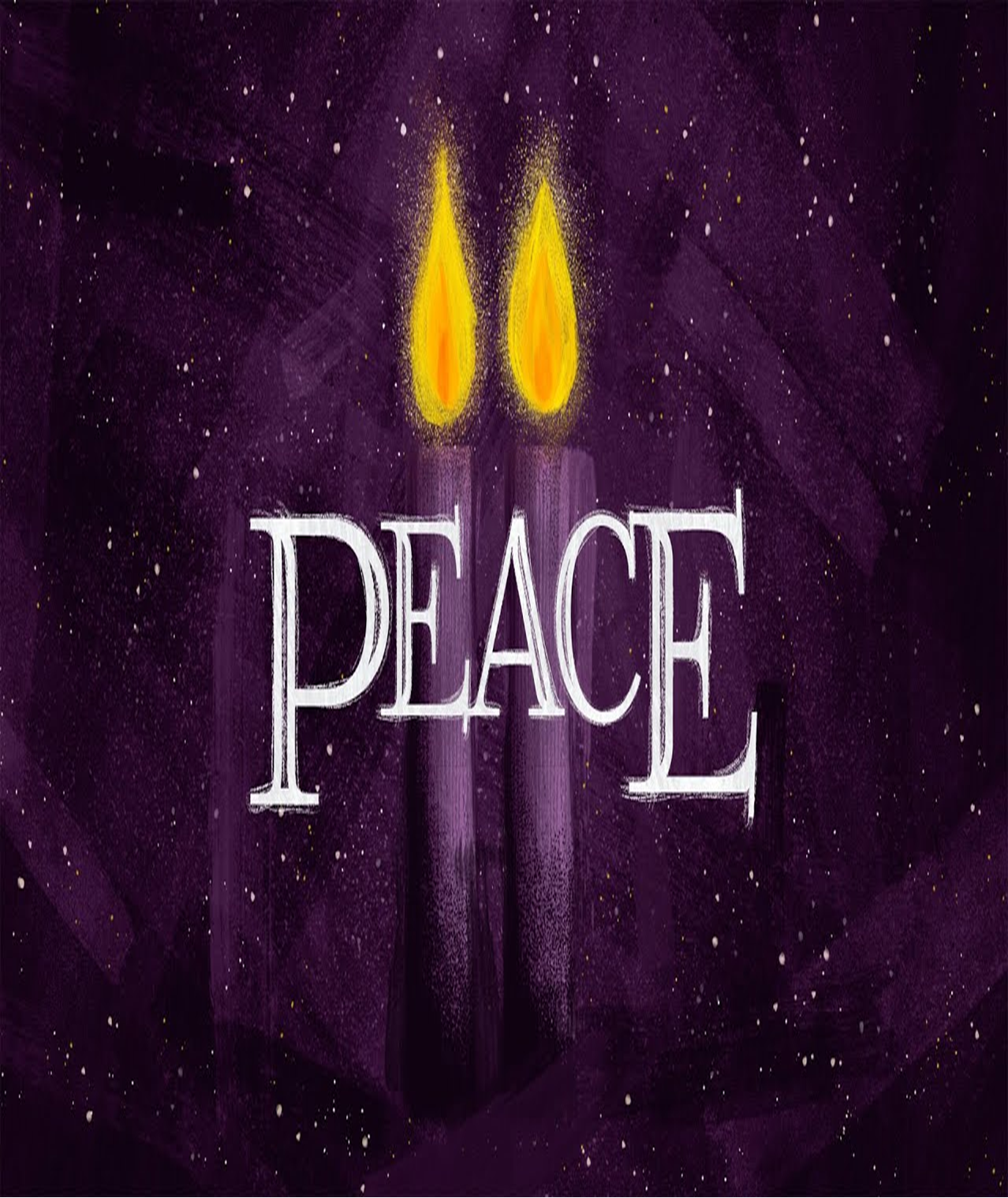Lent is an opportunity to cleanse the temples of our (physical and spiritual) bodies that is, of anything that hinders growth. On the third Sunday of Lent, we enter into our temple, body and soul. Lent is purgation. It is a time of purification. There may be some feelings of discomfort, but for the better. As Jesus says, “Destroy this temple and in three days, I will raise (build) it up.” The preceding verses are the principal theme as they illustrate a preview of the resurrection. Jesus was not referring to the physical temple itself but rather, his own body as the temple that will be destroyed in his passion.
In our further reflection, we will take a closer and deeper look (with fresh and new eyes) at the Ten Commandments which pose significant challenges to any reading of reality. Some of us might say, it is the same old thing. I don't blame you. For those of us who learned this in childhood catechism, we knew them by heart but memorizing them is no substitute to practicing them. Over the years, some claimed that they have become irrelevant to our lives, even to Christianity and that society's moral standards should depend on the human person. After all, who needs a moralistic, guilt-inducing, divine finger wagging passage that makes us think whether we are worth better human beings. Obviously, they have become burdens, weights and heavy obligations in the popular religious parlance. Here are the ten rules. Obey them. The approach and method of this kind of teaching certainly won't work anymore. Rules without rapport equals rebellion. There has to be an emotional bond established between the two parties involved. Religion is relational. As a matter of fact, it might drive people out of the church if you preach the Decalogue by the iron fist with fire and brimstone.
The decalogue will help us in the inner cleansing of the spiritual temple as it presents the basic realities of human life. They are direct (in your face, no mincing of words) instructions in how to live right in relation to God and our neighbor. It sets the boundaries of life letting us know that keeping this covenant means humanity at its fullest. They are commandments (not suggestions) to be human and profound expressions of our gratitude to God.
Understanding the commandments as a set of burdens overlooks the most essential part. These may not be seen as series of rules but as a proclamation in God's own mouth of who God is and how God shall be practiced by the community of liberated slaves. It is a sacred covenant. It is a response in gratitude to God for saving humanity for our own eternal destiny. At this point, I would like you to reflect on your experiences that made you say, Aha! I saw the hand of God. Aha! There is a God. Aha! God saved me! From this mindset, God starts his breathtaking announcement of freedom:
“I AM THE LORD, YOUR GOD, WHO BROUGHT YOU OUT OF THE LAND OF EGYPT, OUT OF THE PLACE OF SLAVERY; YOU SHALL HAVE NO OTHER GODS BESIDE ME.” The name of God is Adonai, the only one and demands us to, “worship him alone and no one else on earth” because he is the one who saved us, the One who has dominion and authority over the created universe. The experience of being cared and loved comes first. Before God gave the Decalogue, he reminded his people (including us, heirs of the covenant) what he has done to us as the foundation of our relationship with him. The truth is, we worship so many gods (money, power, fame, reputation, appearances, etc) but all of them are subordinate to the ultimate God of life. You shall have no other gods beside me. All other gods are false. YOU SHALL NOT MAKE FOR YOURSELF AN IDOL/CARVED IMAGES which means that you are now free from the tyranny of lifeless idols. What about my favorite TV show “the American Idol”? What about the wonderful carved images of the standing in almost every corner of our church? Jesus changed the way we looked at images and statues. He is God in human form. In him, images and statues have become avenues and windows to divine realities. We penetrate the mystery through tangible objects as the interface between God and his mortal people. Asking intercessions from the Blessed Virgin and the Saints is just the same asking help from a friend. Our church is both a church of the living and the dead. Unless we have an idea of pantheism and/or special appreciation of signs and symbols, it's hard to understand the Catholic Church and to be Catholic. YOU ARE TO REMEMBER AND KEEP HOLY THE SABBATH DAY. Work for 6 days but reserve that one day (Sunday for Christians) for God and family. Sunday is non-negotiable. Fight for it. Don’t mess around it. Don’t play games with it. Set this day apart from the rest. Make it different. For some Catholics, to go to church on Sunday is the hardest thing in the world. And if they go to church, it is out of a sense of obligation and not so much about spiritual nourishment. Non-observance of Sunday Mass and the overall decline in the practice of Catholic and faith life are one of the saddest things that have been happening in the church for the past few decades. Some blame it on the breakdown of traditions and other factors which need no mention. But generally, we don’t take religion seriously anymore. Rules haven’t changed. Sunday as our version of Sabbath is a day for God. Because the Lord is your God, HONOR YOUR FATHER AND YOUR MOTHER. Take care of them. Appreciate them. Make them feel important especially as they advance in years. If you want to have a bright future and long life, obey them. YOU SHALL NOT KILL promotes the sanctity and sacredness of life from conception to natural death. Life belongs to God. Life is inviolable. It is a precious gift created in the image and likeness of God. No individual can unjustly take the life of any human being just because he or she doesn’t want it. YOU SHALL NOT COMMIT ADULTERY is a sign of respect to the institution of marriage and family life. Marriage is a sacred relationship, handed down to us which we have the moral duty to preserve. The solemn oath (vows and promises) publicly (in the presence of the church and ministers) made are meant to draw us closer to God and our church. YOU SHALL NOT STEAL reminds us to respect the property of others. It tells to live by our means and standards. YOU SHALL NOT BEAR FALSE WITNESS AGAINST YOUR NEIGHBOR. YOU SHALL NOT COVET YOUR NEIGHBOR'S HOUSE; YOUR NEIGHBOR'S WIFE, OR MALE OR FEMALE SLAVE, OR OX, OR DONKEY, OR ANYTHING THAT BELONGS TO YOUR NEIGHBOR. Find solace and happiness within the confines of your life. Be satisfied with what you have. Live within your means. Grow where you are planted. The ten teachings also constitute a kind of trust exercise about the nature of reality. What harm does a little coveting do? What damage does catching-up in the yard and office on the Sabbath do?
The Ten Commandments are (crystal clear) divine directions such as there are no other options for these kinds of behavior. No one, no individual and family, no group or whole people is permitted to do such prohibited things. If you do, your life will become complicated. The rules are simple. Don't do anything to cross the line. If you ignore these teachings, enter at your own risk. Do so at your own peril. Simplify your life. You are created to live with a greater singularity. One God, One Religion (you currently belong), One Spouse, Concern for others not so much for ourselves. To break these commandments is to complicate your life. They are straightforward. These are the ultimate commands that have stood the test of time. When individuals, communities and humanity in general look into themselves too much and do not reach out to God there's an imbalance. It's not so much that you're going to hell by breaking these commandments as you will feel like you are already in hell. The Decalogue have been around a long time. They are never our possession, any more than the God who gave them is ours. Instead, we stand among a people by holy speech and practice for the mending of God's holy word.
The Decalogue leads us to the cleansing of Jesus in the Temple. The occasion was that the Passover was near. Probably, the sellers had no intentions of violating God's purposes and they would never knowingly oppose God. And yet, Jesus discovered deceiving appearances upon closer inspection. What he wanted to do was to restore the purity of worship. “Zeal for your house will consume me.” Amen.



